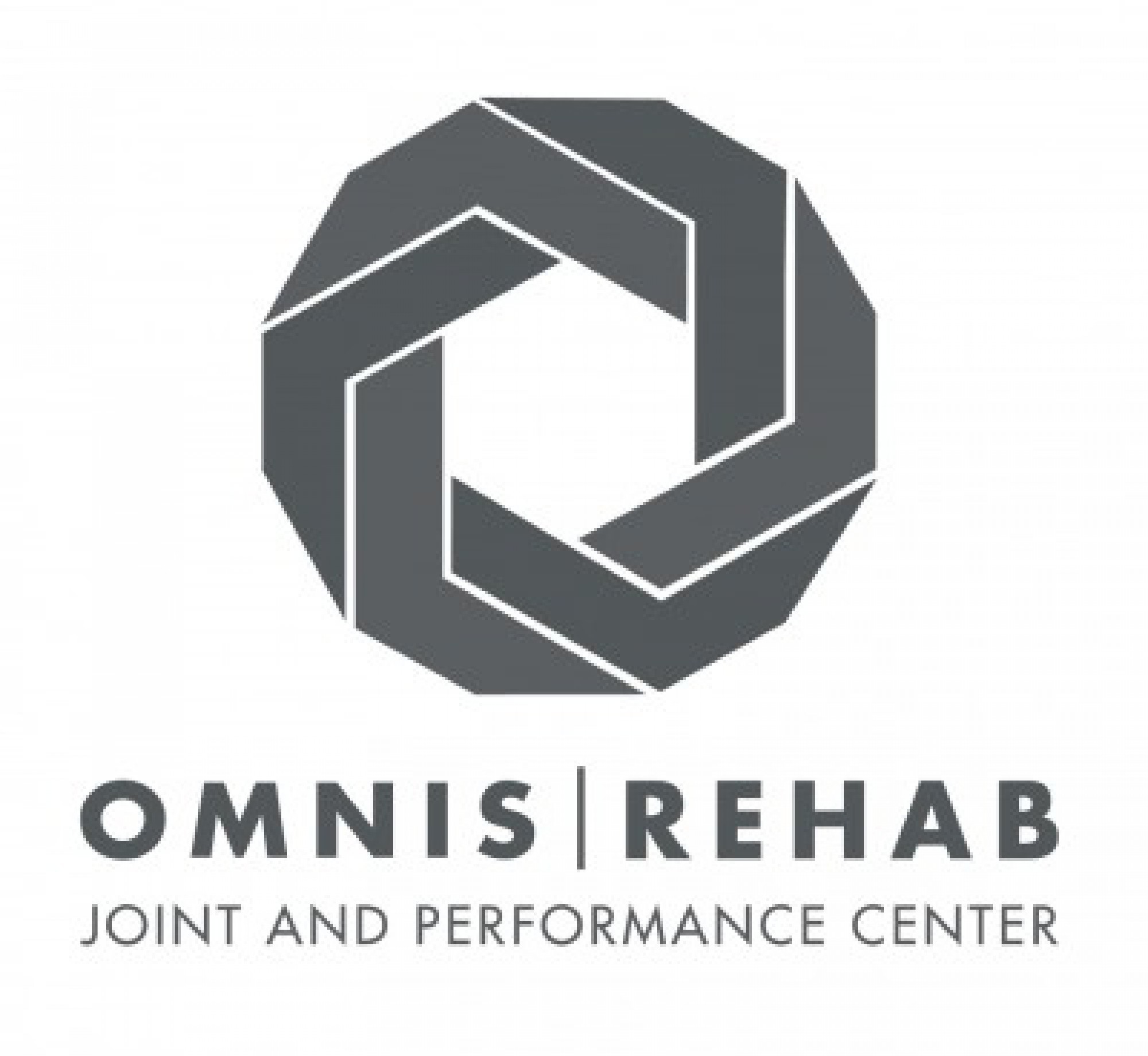Stress is an undeniable part of modern life, yet it has a profound impact on our health and well-being, specifically in terms of pain perception and management. Chronic stress can exacerbate existing pain, contribute to the development of new pain conditions, and impede the effectiveness of chiropractic care. As such, effectively managing stress is a critical aspect of chiropractic care and pain relief, ensuring a more successful treatment outcome and an improved overall quality of life.
Chronic stress can negatively affect various bodily systems, including the musculoskeletal, nervous, and immune systems. These systems play critical roles in pain perception, inflammation, and overall bodily function, making effective stress management essential for individuals seeking chiropractic care for pain relief. Furthermore, by reducing stress, patients can enhance their body’s natural healing capacity, accelerate recovery, and optimize chiropractic treatment effectiveness.
In this guide, we will delve into the connection between stress and pain, discuss the importance of stress management for optimal chiropractic care outcomes, and provide actionable tips for incorporating stress reduction techniques into your daily routine. By prioritizing stress management, you can create a healthier, more resilient body that is better equipped to handle the challenges of daily life and thrive in the face of pain and discomfort.
The Complex Relationship Between Stress and Pain
The relationship between stress and pain is multifaceted and bidirectional, meaning each has an impact on the other. Chronic stress can increase pain perception and contribute to the development or exacerbation of existing pain conditions. Meanwhile, long-term pain can contribute to increased stress levels. Key aspects to consider include:
- Stress-induced muscle tension: Prolonged stress can lead to continuous muscle tension, which can contribute to the development of musculoskeletal issues and exacerbate existing pain.
- Hyperalgesia: Chronic stress may lead to a heightened perception of pain, a phenomenon known as hyperalgesia. This can make it more challenging to manage existing pain conditions and increase the likelihood of developing new ones.
- Impact on the nervous system: Ongoing stress can dysregulate the nervous system, leading to increased pain responses and difficulties in managing pain levels.
- Decreased immune function: Chronic stress has been linked to a weakened immune system, which can impact the body’s ability to heal and recover from injury or inflammation, consequently affecting pain management.
The Importance of Stress Management in Chiropractic Care
Effective stress management is critical for individuals seeking chiropractic care for pain relief, as it can have a considerable impact on treatment outcomes and overall well-being. Key points include:
- Enhanced healing: Incorporating stress reduction techniques into your daily routine can support the body’s natural healing processes, leading to more successful chiropractic care outcomes.
- Improved nervous system function: By effectively managing stress, you can help regulate your nervous system, improving your body’s ability to cope with and manage pain.
- Reduced inflammation: Stress management can reduce inflammation levels in the body, which is crucial in addressing certain pain conditions and enhancing chiropractic treatment effectiveness.
Practical Techniques for Reducing Stress and Enhancing Chiropractic Care
To support your chiropractic care and pain management journey, consider implementing the following stress reduction techniques:
- Mindfulness practices: Engage in mindfulness practices such as meditation, deep breathing, or progressive muscle relaxation to help reduce stress and promote overall well-being.
- Physical activity: Incorporate regular physical activity into your routine, as exercise has been shown to help reduce stress levels and promote overall health.
- Healthy diet: Maintain a balanced and nutritious diet to support your body’s ability to manage stress and maintain a healthy immune system.
- Social support: Prioritize spending time with friends and family, and engage in activities that bring joy and relaxation to your life. Social support is an important factor in mitigating stress and promoting overall well-being.
- Time management: Develop effective time management strategies to help reduce stress and ensure you have adequate time to prioritize self-care and relaxation.
- Seek professional support: Enlist the help of a mental health professional, such as a therapist or counselor, who can provide guidance and support for managing stress and improving overall well-being.
Chiropractic Care’s Role in Stress Reduction
Chiropractic care can play a crucial role in helping patients manage stress and improve overall well-being. Key ways chiropractic care can support stress reduction include:
- Pain relief: Chiropractic adjustments can provide pain relief by improving musculoskeletal alignment and function, reducing the stress-inducing effects of pain on the body.
- Nervous system regulation: Chiropractic care can help regulate the nervous system, which can improve the body’s ability to manage stress and its effects on pain.
- Relaxation: Chiropractic treatments can promote relaxation and an overall sense of calmness, providing patients with additional stress relief.
Embrace Effective Stress Management for Optimized Chiropractic Care and Lasting Pain Relief
By prioritizing stress management, you can not only improve your overall well-being but also enhance the effectiveness of your chiropractic care and pain management journey. Implementing practical stress reduction techniques can help create a healthier, more resilient body that is better equipped to handle life’s challenges and reduce the impact of pain.
Work closely with our local chiropractors at Omnis Rehab to develop a personalized stress management plan that addresses your unique needs and optimizes your chiropractic care experience. Embrace the power of stress management to support your healing journey, reduce pain, and ultimately improve your quality of life.

